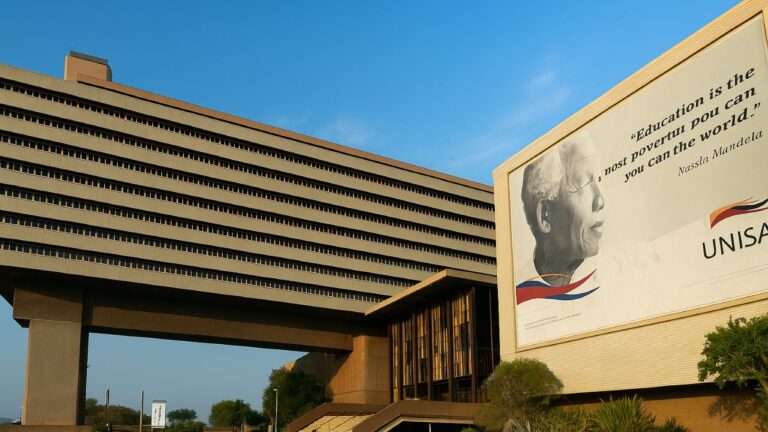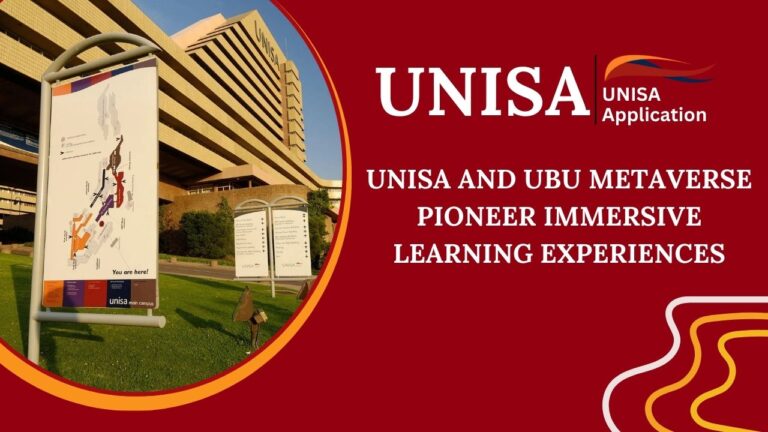Have Some UNISA Students Been Left in the Lurch?

Have Some UNISA Students Been Left in the Lurch? Unisa students are facing an academic dilemma that has left many reconsidering their future in education.
Several Bachelor of Education (B.Ed) students, some of whom have dedicated nearly eight years to their degrees, are now in limbo following the Council for Higher Education’s decision to discontinue certain courses. This abrupt change means students must transition to a new curriculum, which in many cases, requires them to complete additional modules to qualify for their degree.
Challenge Facing UNISA Education Students
For years, Unisa has been a beacon of hope for distance learning students across South Africa. The flexibility of its courses allowed working professionals and aspiring educators to pursue their qualifications at their own pace. However, the recent curriculum changes have sparked frustration and uncertainty among students who were close to completing their degrees.
The Council for Higher Education’s decision to discontinue some courses has left students scrambling to understand their options. Many have invested years of effort, tuition fees, and personal sacrifices, only to be told they need to enroll in additional modules to meet the new qualification criteria.
Why Was the Curriculum Changed?
The shift in curriculum was implemented to align Unisa’s education programs with the latest national accreditation standards. The Council for Higher Education aims to improve the quality of teacher training, ensuring that South African educators are equipped with relevant and up-to-date skills. However, this sudden change has had unintended consequences, leaving students questioning whether they should continue with their studies or abandon their dreams altogether.
How Are Students Affected?
- Extended Study Periods: Many students were nearing graduation but now face additional years of study due to the newly introduced modules.
- Increased Financial Burden: Additional modules mean increased tuition fees, a major challenge for students who have already stretched their financial resources.
- Uncertainty About the Future: Some students fear that by the time they complete the new requirements, further changes might occur, prolonging their journey even more.
Student Reactions and Concerns
The frustration among Unisa students is palpable. Many have taken to social media and online forums to voice their concerns. Some students feel that they were not given adequate notice about the changes, leaving them with little time to prepare for the additional workload. Others worry about the feasibility of continuing their studies given their financial and personal commitments.
What Can Affected Students Do?
For students affected by these changes, there are a few possible steps to consider:
- Consult UNISA Advisors: Students should seek clarification from Unisa’s academic advisors regarding their specific study plans and how best to complete their degrees.
- Explore Financial Assistance Options: With additional modules come extra costs, and students may need to explore financial aid, bursaries, or payment plans to ease the burden.
- Consider Alternative Institutions: Some students might explore transferring their credits to another institution offering a more seamless completion of their qualification.
- Join Student Advocacy Groups: Collaborating with other students facing similar issues could help in raising awareness and pushing for potential solutions from Unisa and the Council for Higher Education.
Is There a Way Forward?
While Unisa and the Council for Higher Education maintain that the curriculum changes were necessary to improve the quality of teacher education in South Africa, they must provide clearer support structures for affected students. Enhanced communication, financial support options, and transitional assistance could go a long way in ensuring that students do not feel abandoned.
Conclusion
The situation with Unisa’s B.Ed program highlights the challenges of academic policy changes and their real-life impact on students. While education reforms are essential for maintaining quality standards, they should be implemented with adequate student support to prevent disruption in their academic journeys.






